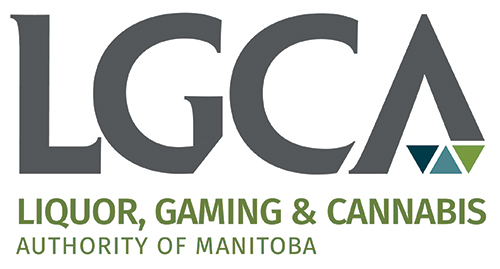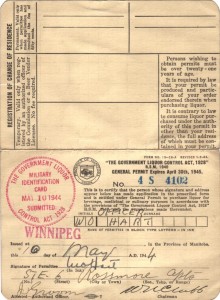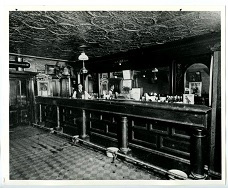Beer vendors appear in Manitoba. Hotels can now become licensed to sell beer for off-site consumption.
1928
Liquor laws are fine-tuned through amendments to the Act. Beer parlours can now be licensed to sell beer by the glass. However, all rules are strictly prescribed in an attempt to establish a moral and respectable public space for drinking. Beer parlours are purely for the business of drinking – not for pleasure or entertainment. There can be no food, standing, singing, …
1923
The Government Liquor Control Act introduces strict regulations for pricing, advertising, sales quotas and personal purchasing limits: Wine and beer can be sold through government-controlled liquor stores to eligible Manitobans holding government-issued permits. These products can be consumed only at the location described on the permit. Liquor must be consumed at home. Beer can be sold by local breweries and by licensed …
1916
Prohibition comes to Manitoba. Months after Manitoba women gain the right to vote, a third provincial referendum is held. Every constituency but one votes in favour of Prohibition. The Manitoba Temperance Act comes into effect, and for the next seven years: Liquor can be purchased only through government dispensaries and only for uses that are industrial, scientific, mechanical, artistic, sacramental or medicinal. All …
1892
Manitoba is the first province to hold a referendum on Prohibition. Manitobans vote in favour of the ban, but the legislation is never put into effect. In 1899, the majority once again support Prohibition but the vote is later nullified because of low turnout.
1883
Provinces gain the ability to control the sale of liquor through federal legislation that allows provinces to grant licences to hotels and saloons, shops, wholesalers and masters of vessels. Bar in Western Canada This photo shows what the interior of a bar would look like in the days when it first became possible for men to legally drink in a licensed establishment.
1878
The Canada Temperance Act gives provinces the power to ban the sale of alcohol if supported by a majority vote. More than 20 years pass before any province uses this power. Manitoba’s first provincial liquor commission is established. The commission allows one bar for every 300 people in the province. Taming the fur trade Liquor is an important factor in the fur trade. …
1657
The first Canadian liquor laws are introduced. Until 1870, the Hudson’s Bay Company controls the sale of liquor through its outposts and the Board of Liquor Control Commissioners. Liquor is mainly available through a handful of licensed hotels, clubs and “saloons.” Laws prohibit liquor from being traded or given to Aboriginals.


